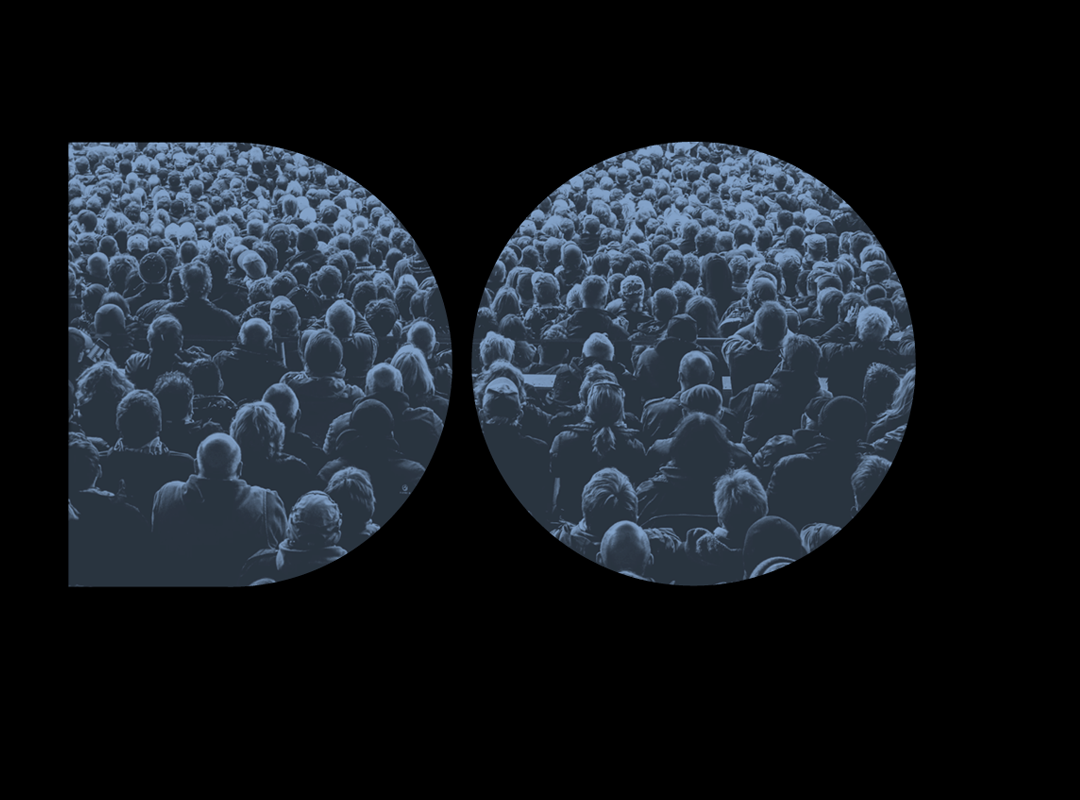
December 11, 2003
Adbusters in Anarchy
In 2001, Adbusters ran an issue titled “Design Anarchy” and since that time its once orderly pages have been in a state of heaving agitation. Every time I pick up a new issue I find myself wondering why. For a while in the late 1990s and early 2000, under art director Chris Dixon, Adbusters’ editorial design was exemplary. Even when it departed from conventional magazine structures, its content and the relationship between the parts was clear. The elegant, carefully composed design helped to give even its wilder flights of rhetoric conviction and a much-needed measure of authority.
The magazine these days is a collection of fragments seemingly thrown together in no particular order. It’s not that the type isn’t perfectly legible – there are no tiresome typo hi-jinks to “decode” – but Adbusters is nowhere near as readable as it was. All of the standard editorial devices have been abandoned. I’m looking at a page in the January/February 2004 issue, carrying two columns of type. There’s no headline or intro and you have to find the small italics at the end to discover that it was written by someone called Kevin Arnold (a new name to me, I confess). It may be fascinating stuff, and scanning down I see that Garrett Hardin, author of the excellent Filters Against Folly, receives a mention, but the layout itself does nothing to suggest that we need to read this article. Elsewhere, I start reading some apparently untitled text about the failings of postmodern theory, thinking I’m in the middle, only to realise that I have started, quite by accident, in the correct place.
Perhaps, after years of going about it the conventional way, Adbusters founder Kalle Lasn decided that there was something unacceptably manipulative or just too boringly suburban about the usual devices for signposting a magazine’s content. Maybe he believes that readers will derive greater nutritional benefit from Adbusters if they have to work harder to digest it — the old pomo canard. It’s possible that Lasn grew bored with being an editor, and that his more recent role as art director and would-be graphic anarchist is a way of livening things up for himself above all. One thing we can safely conclude is that these days Adbusters is aimed primarily at younger readers for whom these devices might at least seem to signify REBELLION! Lasn has famously dedicated himself to the “uncooling” of America, yet for a guy of his years and experience he seems strangely seduced by the coolness of design as a gesture, without seeing this as part of the surface-fixated postmodern culture he otherwise deplores with such a passion.
I write as someone who has worked with Adbusters in the past and I continue to admire their commitment and support much of what they have to say. Adbusters still publishes some timely and penetrating pieces, but the design lets them down badly. Read the “Media Carta” pages in the latest issue. Lasn and his team are surely right to argue that a media democracy that gives ordinary people access to the media on their own terms is an essential precondition for social change, which is why the corporate-controlled media resists such a development at all costs. This vital message is a matter of concern for citizens of every age and walk of life, but the punkish scribbles and all-over-the-place attempts at paste-up make it look like a poorly considered and intemperate rant. You can’t avoid rhetoric. The vital thing is that it actually persuades.
Observed
View all
Observed
By Rick Poynor
Related Posts

Business
Courtney L. McCluney, PhD|Essays
Rest as reparations: reimagining how we invest in Black women entrepreneurs

Design Impact
Seher Anand|Essays
Food branding without borders: chai, culture, and the politics of packaging

Graphic Design
Sarah Gephart|Essays
A new alphabet for a shared lived experience

Arts + Culture
Nila Rezaei|Essays
“Dear mother, I made us a seat”: a Mother’s Day tribute to the women of Iran
Recent Posts
Courtney L. McCluney, PhD|Essays
Rest as reparations: reimagining how we invest in Black women entrepreneurs Food branding without borders: chai, culture, and the politics of packaging Why scaling back on equity is more than risky — it’s economically irresponsible Beauty queenpin: ‘Deli Boys’ makeup head Nesrin Ismail on cosmetics as masks and mirrorsRelated Posts

Business
Courtney L. McCluney, PhD|Essays
Rest as reparations: reimagining how we invest in Black women entrepreneurs

Design Impact
Seher Anand|Essays
Food branding without borders: chai, culture, and the politics of packaging

Graphic Design
Sarah Gephart|Essays
A new alphabet for a shared lived experience

Arts + Culture
Nila Rezaei|Essays

 Rick Poynor is a writer, critic, lecturer and curator, specialising in design, media, photography and visual culture. He founded Eye, co-founded Design Observer, and contributes columns to Eye and Print. His latest book is Uncanny: Surrealism and Graphic Design.
Rick Poynor is a writer, critic, lecturer and curator, specialising in design, media, photography and visual culture. He founded Eye, co-founded Design Observer, and contributes columns to Eye and Print. His latest book is Uncanny: Surrealism and Graphic Design.